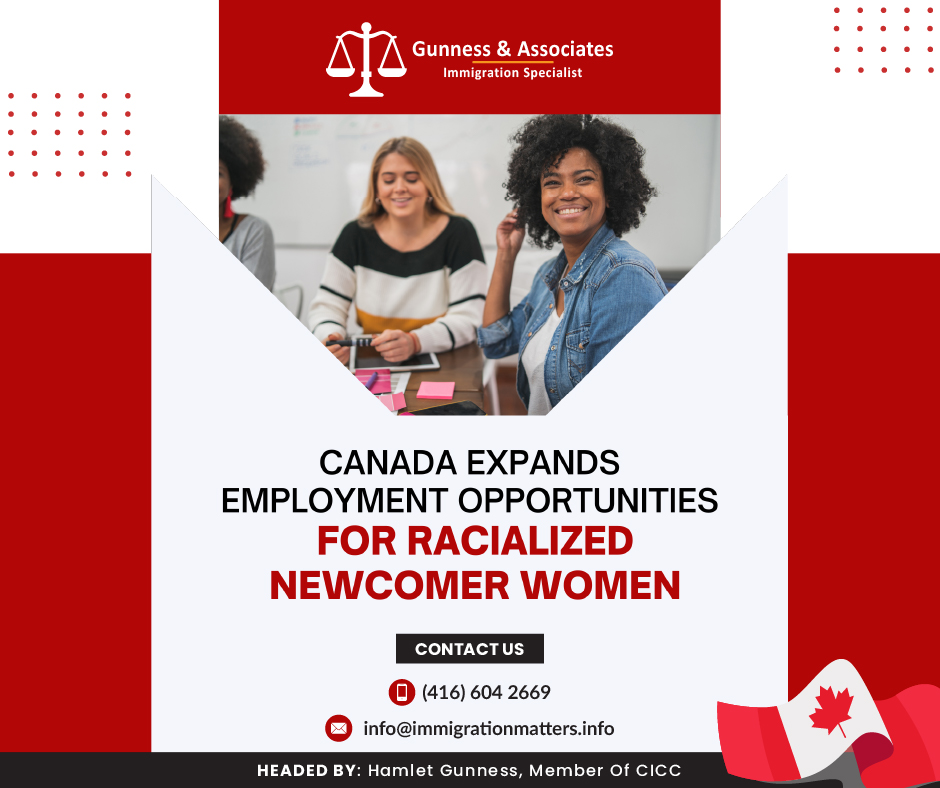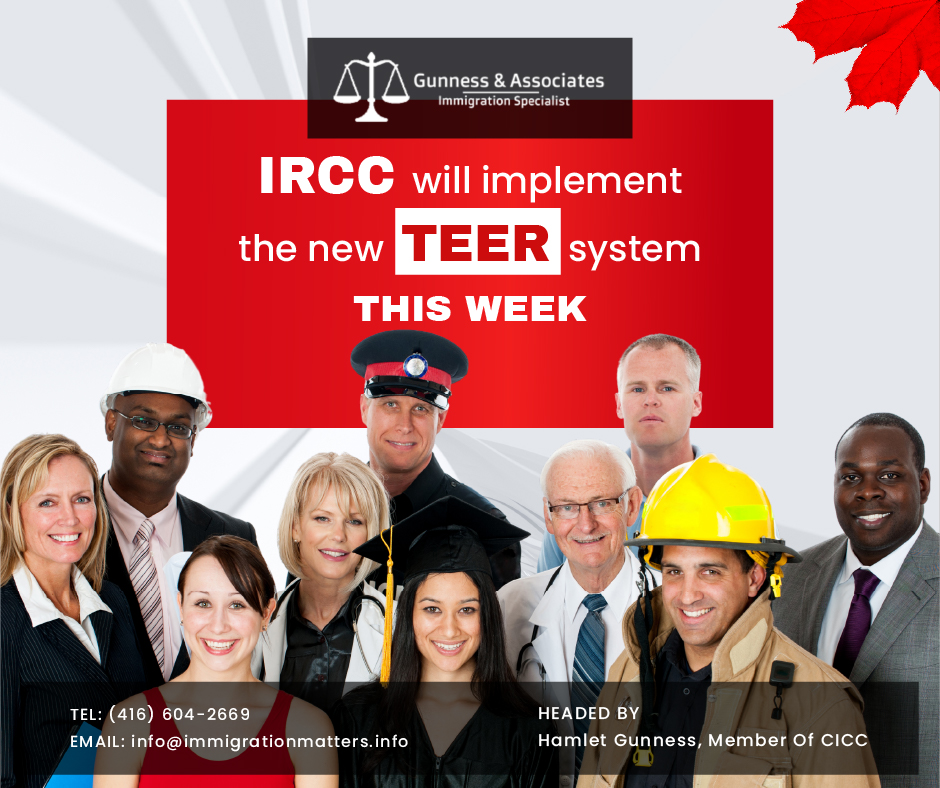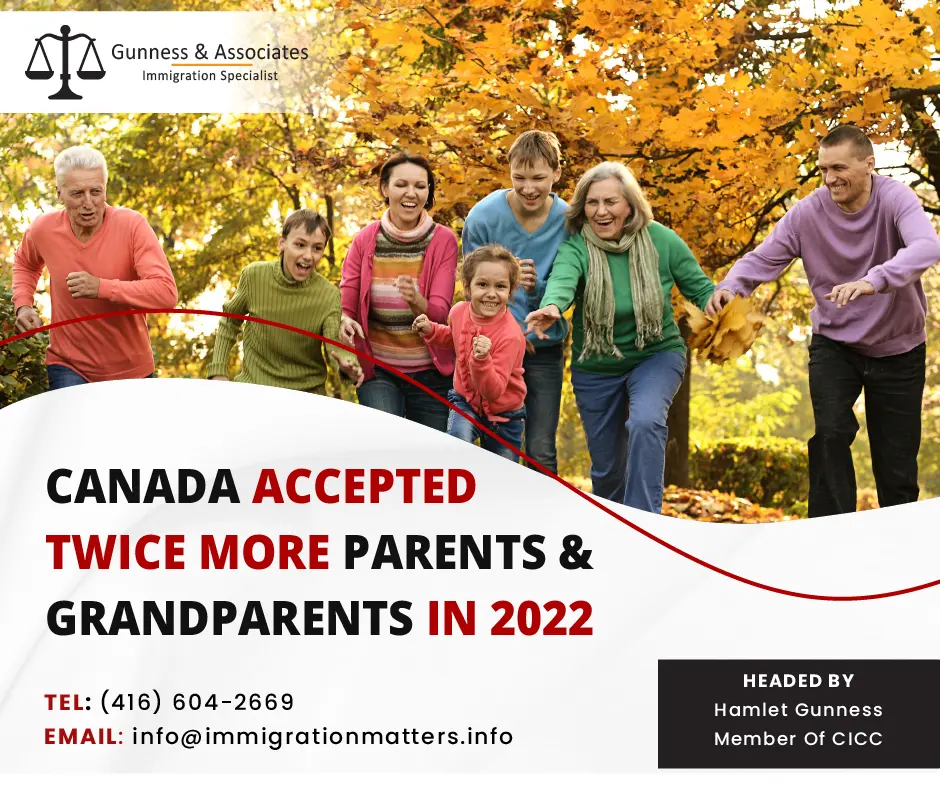The Yukon increased the number of allocations under the Yukon Nominee Program
On March 16, 2023, the Government of Yukon announced that the territory increased the number of allocations under the Provincial Nominee Program (YNP) for 2023, allowing more foreign workers to immigrate to the Yukon. By increasing the Yukon’s nominee allocations from 300 to 430 for 2023, the YNP assists employers... CLICK HERE TO READ THE FULL ARTICLE »











